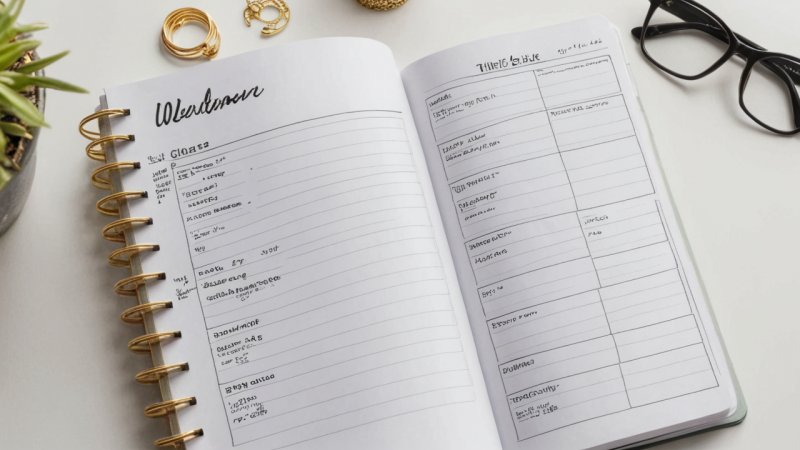Personal wellbeing is a multifaceted concept encompassing physical, mental, and emotional health. Setting wellbeing goals is a proactive approach to enhance these areas and lead a fulfilling life. Here’s how to create effective personal wellbeing goals that can sustain you for the long term.
Start by understanding what wellbeing means for you. Each person’s definition of wellbeing can differ significantly. For some, it may involve regular exercise and nutritious eating; for others, it may focus on mental health and emotional resilience. Take some time to reflect on your values, interests, and current challenges to help define what wellbeing means in your life.
Next, identify specific areas where you want to improve. This could include stress management, physical fitness, social connections, or emotional health. Once you’ve pinpointed these areas, brainstorm potential goals that resonate with your aspirations. For example, if you’re aiming to improve your physical health, your goal might be to walk 10,000 steps daily or to incorporate a new healthy recipe into your meals each week.
After identifying your goals, utilize the SMART criteria to refine them. This means your goals should be Specific, Measurable, Achievable, Relevant, and Time-bound. A SMART goal related to stress management might be, "I will practice mindfulness meditation for 10 minutes each morning for the next month." This clarity helps you stay focused and track your progress effectively.
Creating a supportive environment is equally important. Surround yourself with people who encourage your wellbeing journey. Share your goals with friends or family who can offer support, or join a group that shares similar interests. By fostering a network of support, you’ll find it easier to stay motivated and accountable.
Incorporate regular check-ins with yourself to assess your progress. Set aside time weekly or monthly to review your achievements and challenges. Ask yourself what strategies worked and what needs adjustment. This reflective practice can help keep your goals aligned with your evolving needs and circumstances.
Adopting a growth mindset can also aid in your wellbeing journey. Understand that setbacks are part of the process, and view them as opportunities to learn and grow. When faced with challenges, remind yourself that it’s okay to adjust your goals or timelines. Resilience is an essential component of long-term success.
Lastly, celebrate your achievements, no matter how small. Acknowledging your progress reinforces positive behavior and motivates you to keep going. Whether it’s treating yourself to a relaxing bath after a week of meeting your fitness goals or sharing your success with friends, celebrating milestones is crucial for your wellbeing journey.
Creating personal wellbeing goals requires reflection, planning, and commitment. By following these steps and cultivating a mindset focused on growth and resilience, you can embark on a fulfilling journey toward enhanced wellbeing. Remember, it’s not just about setting goals, but also about enjoying the process of becoming your best self.
Crafting Effective Wellbeing Goals for Life
Discover how to set effective personal wellbeing goals that enhance your physical, mental, and emotional health for a fulfilling life.






